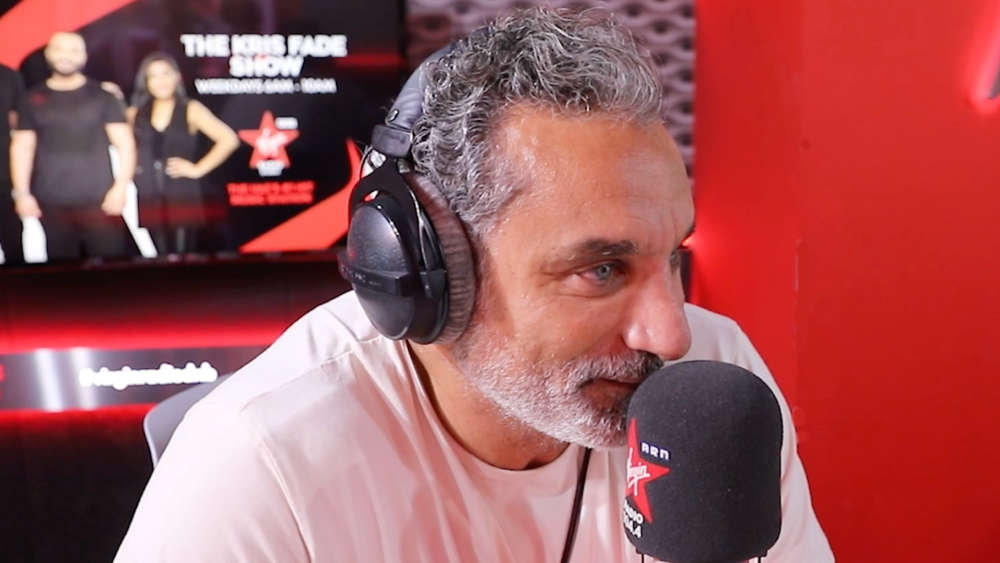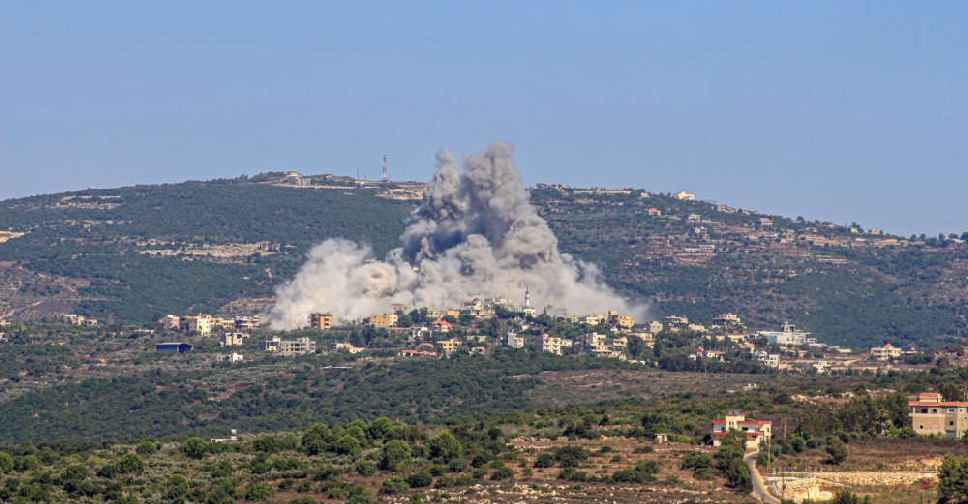
An Israeli drone strike killed two people and wounded three more in southern Lebanon on Monday, the Lebanese civil defence said, as Lebanon braced for Israeli retaliation following a rocket strike that killed 12 teenagers and children at the weekend.
Late on Sunday, Israel's security cabinet authorised Prime Minister Benjamin Netanyahu's government to decide on the "manner and timing" of a response to the rocket strike in the Israeli-occupied Golan Heights.
Israel and the United States blamed Lebanon's Hezbollah for Saturday's strike. The Iran-backed group has denied any role.
The incident in which a missile hit a sports field in the Golan Heights, has risked tipping the fragile standoff into a more serious escalation, drawing international calls on both sides to show restraint.
There was no immediate indication of what action Israel may take but the country's largest newspaper Yedioth Ahronoth quoted unnamed officials as saying the response would be "limited but significant".
The report said options for retaliation ranged from a limited but "photogenic" attack on infrastructure including bridges, power plants and ports, to hitting Hezbollah weapons depots or targeting high-level Hezbollah commanders.
Monday's Israeli drone strike in southern Lebanon wounded three people including an infant, an official in the Lebanese civil defence told Reuters. The rescue service did not say whether the dead were fighters or civilians.
The Israeli military said its air defences downed a drone which crossed from Lebanon into the area of Western Galilee on Monday.
Flights at Beirut's international airport have been cancelled or delayed as airlines responded to the possibility of an Israeli response.
Both Israel and Hezbollah have appeared at pains to avoid a full-scale war since they began trading blows in October in a conflict ignited by the Gaza war.
US Secretary of State Antony Blinken said on Sunday he does not want to see an escalation of conflict on Israel's northern border and reiterated US support for Israel.
"I emphasize (Israel's) right to defend its citizens and our determination to make sure that they're able to do that," Blinken said during a news conference in Tokyo. "But we also don't want to see the conflict escalate. We don't want to see it spread."
Hezbollah has denied firing the rocket that killed the youngsters but it said at the time it had fired a missile against a military target on the Golan Heights, a border area Israel seized from Syria after the 1967 Middle East war and has since annexed in a move not generally recognised internationally.



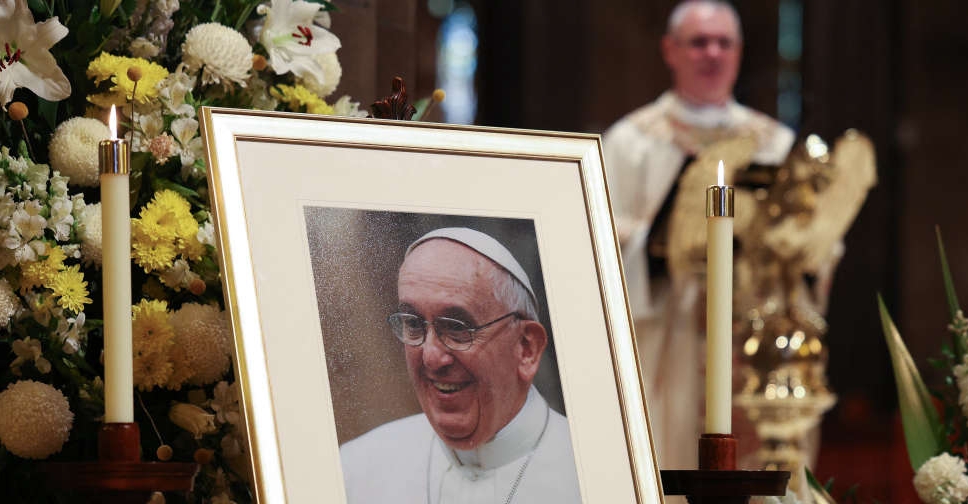 Pope Francis' funeral to be held on Saturday, Vatican says
Pope Francis' funeral to be held on Saturday, Vatican says
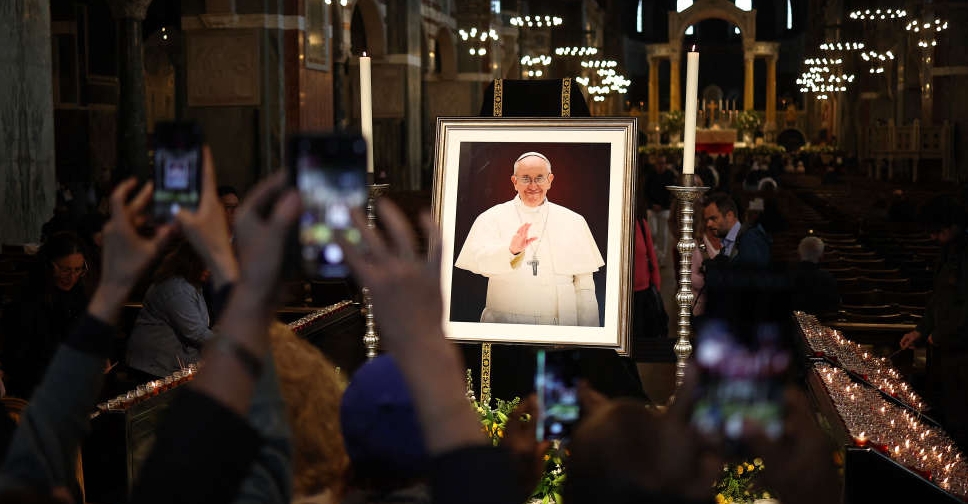 Cardinals meet after death of Pope Francis, plan for funeral
Cardinals meet after death of Pope Francis, plan for funeral
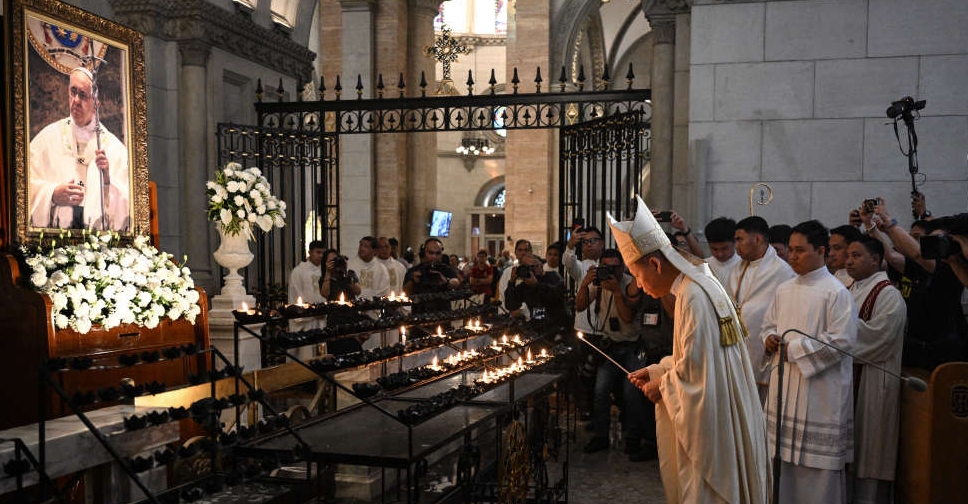 'A true father to us': Filipinos mourn Pope Francis
'A true father to us': Filipinos mourn Pope Francis
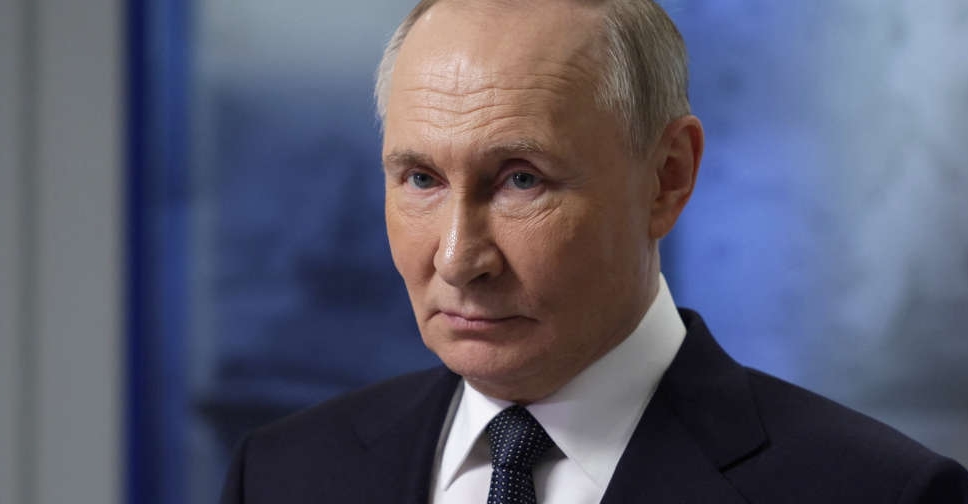 Putin says he is open to direct peace talks with Ukraine
Putin says he is open to direct peace talks with Ukraine
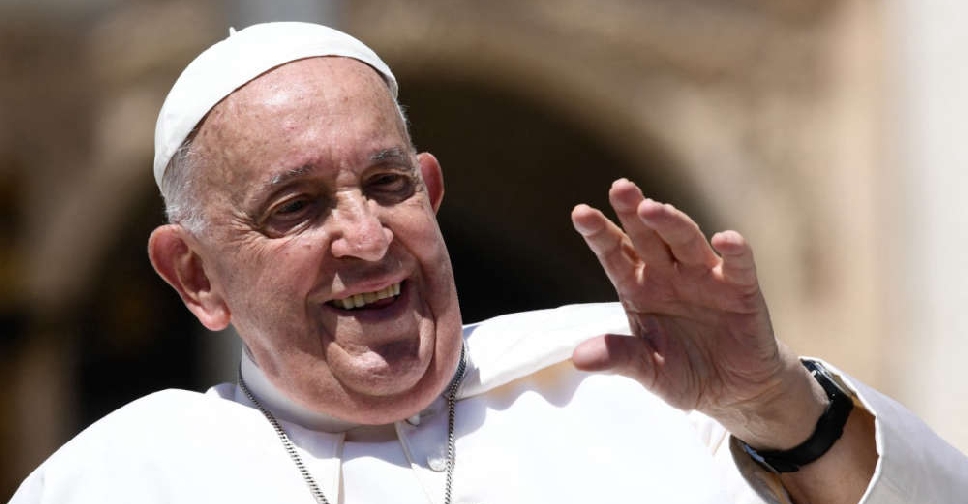 Pope Francis dies after stroke and cardiac arrest, Vatican says
Pope Francis dies after stroke and cardiac arrest, Vatican says



